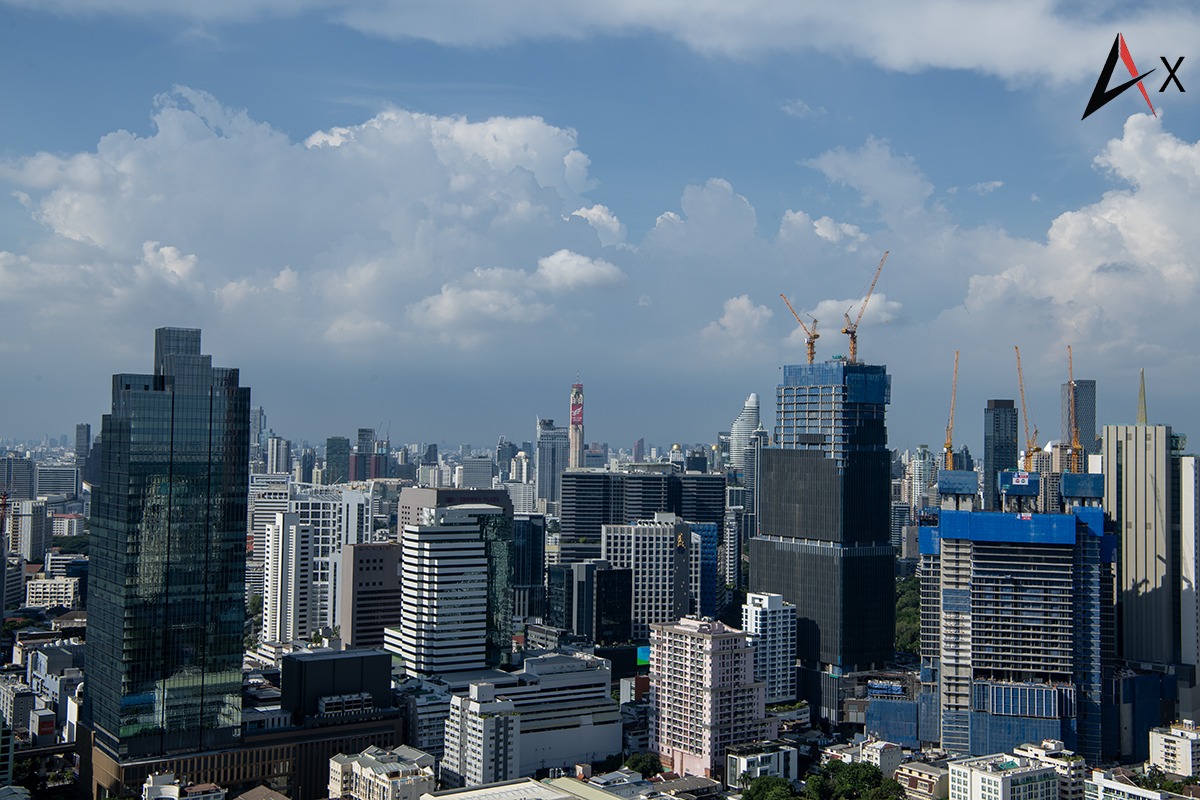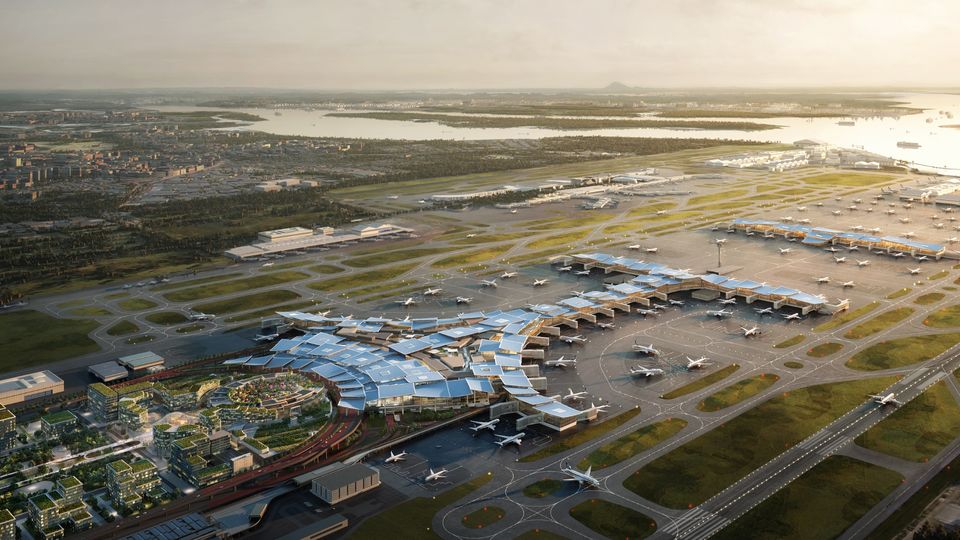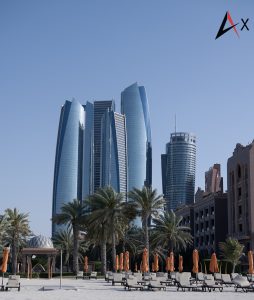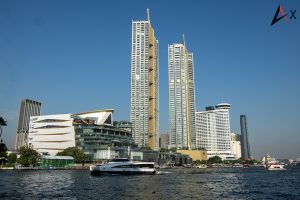Malaysia, Vietnam, Thailand, Indonesia, Greece, Portugal, Spain, and Malta have launched golden visa initiatives designed to attract international talent and investors, with the goal of stimulating economic growth and significantly boosting tourism. These programs offer long-term residency options to individuals who invest in sectors such as real estate, business, and technology, thereby bringing in foreign capital and expertise. By attracting high-net-worth individuals and skilled professionals, these nations aim to diversify their economies, generate employment opportunities, and enhance their global competitiveness.
Beyond economic stimulation, these visa schemes are expected to positively impact tourism development. As countries draw more international investors, their tourism infrastructure is set to expand, creating increased opportunities for travelers. This influx of global talent and investment will also bolster these countries’ appeal as travel hubs, supporting the long-term sustainability of their tourism sectors.
Vietnam’s Tourism Advisory Board has proposed a three-tier golden visa system tailored to different applicant types. The first tier, the gold visa, would permit holders to reside in Vietnam for five to ten years, with options for extensions. The second, the investor visa, offers a ten-year stay and the possibility of applying for permanent residency after five years. The third, the talent visa, targets professionals in specific fields, providing a five-year residence and ease of renewal.
Although detailed eligibility criteria for each tier are yet to be disclosed, Vietnam plans to implement a fully digital application process, simplifying procedures and eliminating the need for in-person embassy visits, thus streamlining the experience for applicants.
Golden visa programs have become a popular tool for nations aiming to attract wealthy investors and skilled professionals, both of whom can significantly contribute to the local economy. Vietnam’s rapidly growing economy makes it an appealing destination for such individuals; it has transformed from one of the poorest countries in the world into a middle-income economy over recent decades. The nation aspires to reach high-income status by 2045, and its golden visa program is a key element in its broader strategy to enhance economic growth and global competitiveness.
The Vietnam Tourism Advisory Board also recommended launching the program initially in major tourist cities such as Phu Quoc, Ho Chi Minh City, Hanoi, and Da Nang. These cities attract millions of tourists and business travelers alike, making them ideal locations for the pilot phase before expanding nationwide.
This move aligns with Vietnam’s broader effort to increase tourism. The country aims to attract 23 million international visitors by the end of 2025, building on the 17.6 million visitors it welcomed in 2024. This ambitious target highlights Vietnam’s growing reputation as a top tourist destination and its commitment to expanding and diversifying its tourism sector.
The introduction of these golden visa schemes reflects a regional trend in Southeast Asia, where countries like Thailand, Indonesia, and Malaysia already offer similar long-term residence options, some lasting ten years or more.
While long-term residency programs are increasingly popular in Southeast Asia, they are being phased out in parts of Europe. Notably, Malta recently discontinued its golden passport program, which granted EU citizenship for investments exceeding 525,000 euros, and Spain closed its golden visa scheme in early April, which previously allowed residency through property investments of 500,000 euros. These European closures point to a shifting focus away from golden visas toward other regional opportunities and the evolving regulatory frameworks in Europe.
In Greece and Portugal, a more stringent approach is emerging, requiring higher investments and imposing tighter restrictions on property types to qualify for residence permits.
Together, these initiatives by Malaysia, Vietnam, Thailand, Indonesia, Greece, Portugal, Spain, and Malta aimed at attracting global talent and investment, seek to bolster their economies and foster substantial growth in tourism by improving infrastructure and creating new opportunities.
As Vietnam prepares to implement its new golden visa scheme, it positions itself as an attractive destination for those seeking long-term residency in a fast-evolving economy. With a focus on attracting skilled professionals, investors, and tourists, Vietnam’s renewed effort underscores its rising influence in the global economic and tourism landscapes.













